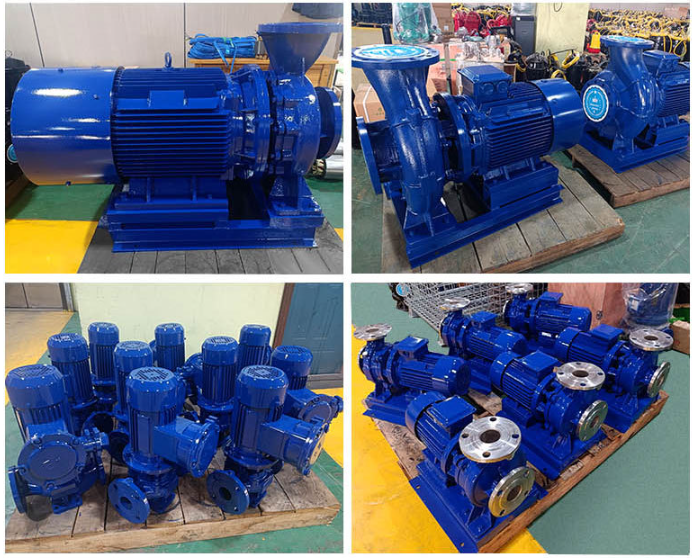Icelandic
- Afrikaans
- Albanian
- Amharic
- Arabic
- Armenian
- Azerbaijani
- Basque
- Belarusian
- Bengali
- Bosnian
- Bulgarian
- Catalan
- Cebuano
- Corsican
- Croatian
- Czech
- Danish
- Dutch
- English
- Esperanto
- Estonian
- Finnish
- French
- Frisian
- Galician
- Georgian
- German
- Greek
- Gujarati
- Haitian Creole
- hausa
- hawaiian
- Hebrew
- Hindi
- Miao
- Hungarian
- Icelandic
- igbo
- Indonesian
- irish
- Italian
- Japanese
- Javanese
- Kannada
- kazakh
- Khmer
- Rwandese
- Korean
- Kurdish
- Kyrgyz
- Lao
- Latin
- Latvian
- Lithuanian
- Luxembourgish
- Macedonian
- Malgashi
- Malay
- Malayalam
- Maltese
- Maori
- Marathi
- Mongolian
- Myanmar
- Nepali
- Norwegian
- Norwegian
- Occitan
- Pashto
- Persian
- Polish
- Portuguese
- Punjabi
- Romanian
- Russian
- Samoan
- Scottish Gaelic
- Serbian
- Sesotho
- Shona
- Sindhi
- Sinhala
- Slovak
- Slovenian
- Somali
- Spanish
- Sundanese
- Swahili
- Swedish
- Tagalog
- Tajik
- Tamil
- Tatar
- Telugu
- Thai
- Turkish
- Turkmen
- Ukrainian
- Urdu
- Uighur
- Uzbek
- Vietnamese
- Welsh
- Bantu
- Yiddish
- Yoruba
- Zulu
Telephone: +86 13120555503
Email: frank@cypump.com
des . 13, 2024 20:24 Back to list
Comparing Effluent Pumps and Sewage Pumps for Efficient Wastewater Management
Effluent Pump vs. Sewage Pump Understanding the Differences and Applications
In the world of wastewater management, understanding the distinctions between effluent pumps and sewage pumps is crucial for both residential and commercial applications. Although these two types of pumps are often used interchangeably, they serve different purposes and are designed to handle different types of waste materials. This article will explore the key differences, applications, and benefits of each type of pump, helping you make informed decisions for your wastewater management needs.
Defining Effluent and Sewage Pumps
Effluent pumps are designed to handle the treatment of wastewater that is relatively free of large solids, typically after it has undergone some level of filtration or treatment. They are commonly used in systems that manage gray water from sources such as sinks, showers, and washing machines. Effluent pumps can transport water mixed with small solids, but they generally handle material that is much less bulky and abrasive compared to sewage.
On the other hand, sewage pumps are built specifically to handle raw wastewater, which can include a variety of waste materials such as human waste, paper, and food particles. These pumps are robust and can manage thicker fluids, making them essential in applications where the wastewater has not yet been treated.
Key Differences
The primary difference between effluent and sewage pumps lies in their design and functionality. Effluent pumps usually have smaller motor capacities and are designed to handle liquids with a lower viscosity. They typically feature a smaller discharge size, which means they can effectively handle water that has been treated but still contains small particles.
Sewage pumps, in contrast, are more powerful, with larger motor capacities to accommodate the thicker, more viscous wastewater they are designed to handle. They often possess larger discharge ports and impellers that can deal with substantial solids without clogging the pump. This capability is essential in municipal and industrial applications where raw waste is processed.
effluent pump vs sewage pump

Applications
Effluent pumps are frequently used in septic systems, where they help convey treated wastewater from a septic tank to a drain field or other discharge point. They are also found in residential wastewater treatment plants, greywater systems, and irrigation systems that utilize treated effluent for watering landscapes.
Sewage pumps, meanwhile, are essential in sewage treatment plants and in the collection and transport of wastewater from households or commercial properties to treatment facilities. They are used in lift stations, where wastewater needs to be elevated to a higher elevation for proper flow and processing. Their robust design allows them to handle raw sewage effectively, ensuring that facilities can operate without disruption.
Choosing the Right Pump
When deciding between an effluent pump and a sewage pump, consider the specific requirements of your wastewater management system. Key factors include the type of waste you will be dealing with, the distance the wastewater needs to be pumped, and the presence of solids within the waste. For systems dealing primarily with gray water and treated effluent, an effluent pump is generally sufficient. Conversely, if you need to pump raw sewage containing larger solids, a sewage pump is the better option.
Conclusion
In summary, both effluent and sewage pumps play critical roles in effectively managing wastewater. By understanding their differences, applications, and capabilities, you can select the right pump to meet the needs of your wastewater system. Whether you are a homeowner with a septic system or an operator of a municipal treatment plant, choosing the appropriate pump will ensure efficiency and reliability in your wastewater management operations. Always consult with professionals when selecting and installing these systems to achieve the best results.
-
High-Efficiency Submersible Effluent Pump for Sewage & Wastewater Solutions
NewsJul.08,2025
-
High Quality CH Warman Slurry Pump Factory - Leading Horizontal Slurry Pump Supplier
NewsJul.08,2025
-
Hot Sale Chemical Circulating Pump – Efficient & Durable Slurry Circulating Pump Solutions
NewsJul.08,2025
-
High-Efficiency Submersible Dredge Pump for Sand & Gravel Durable Dredge Slurry Pumps Solutions
NewsJul.07,2025
-
Wholesale Slurry Pump Impeller Supplier – High-Quality & Efficient Pump Parts for Enhanced Performance
NewsJul.07,2025
-
High-Efficiency Water Submersible Pumps Reliable Water Pump for Potable Water Supply
NewsJul.06,2025










